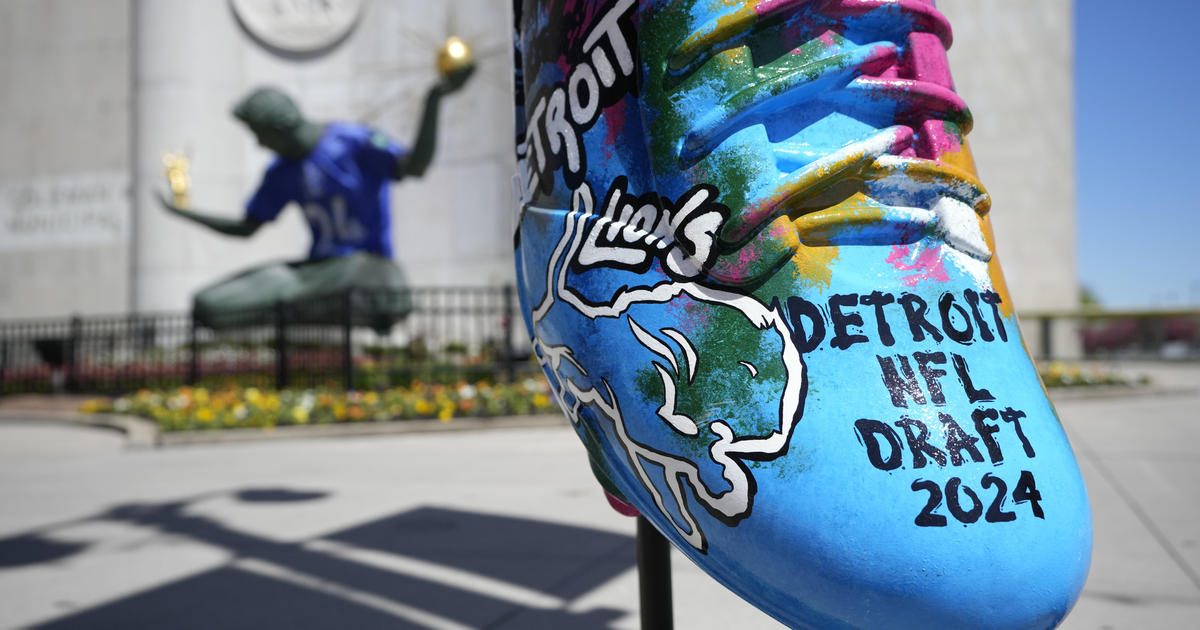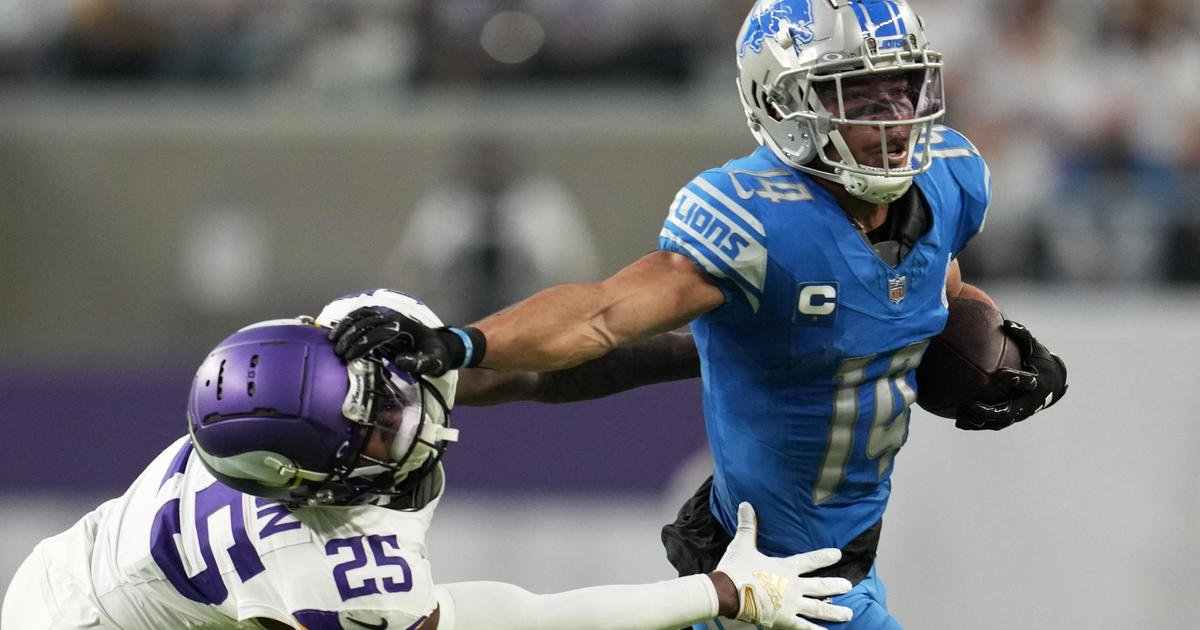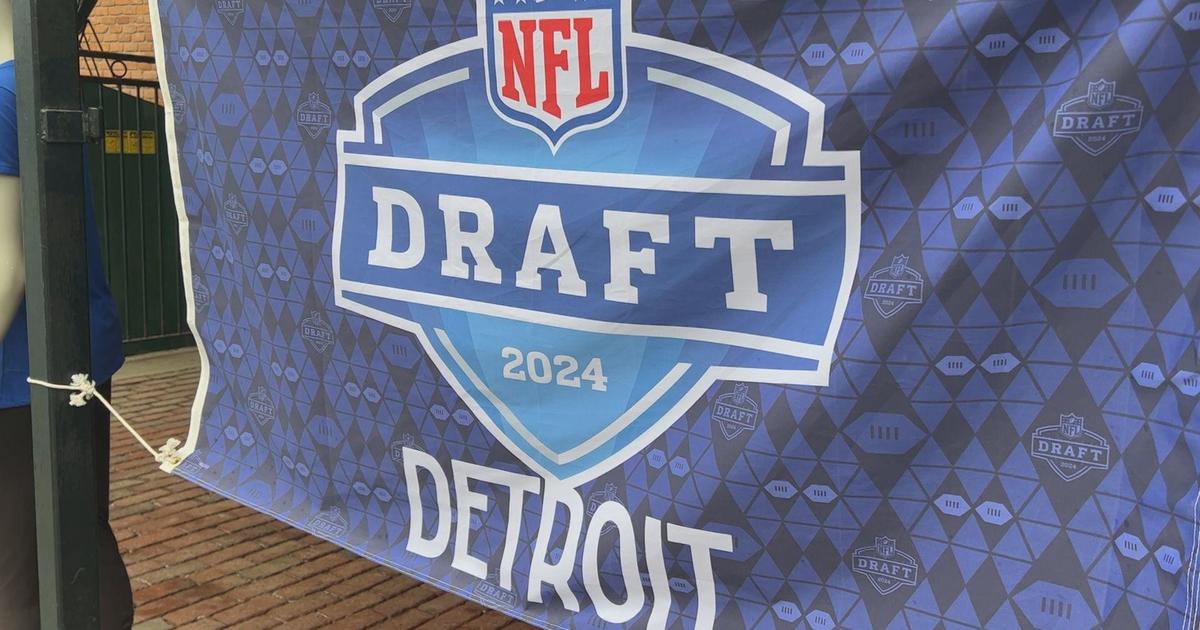How Did The Tigers Lose These Five All-Stars?
By: Will Burchfield
@burchie_kid
For much of the past decade, the Tigers were firmly in win-now mode. It was all about the present. The organization is beginning to feel the effects of that era, with a number of unwieldy contracts and a diminished farm system.
There will be five former Tigers in Tuesday night's All-Star Game, four of whom the team once traded away for immediate big-league help. But was Detroit burned in every case? Not necessarily.
Let's take a look at each one.
American League
Andrew Miller, Indians
How The Tigers Got Him: Miller was the Tigers' first-round pick (No. 6 overall) in the 2006 draft.
How They Lost Him: The Tigers packaged Miller in the deal for Miguel Cabrera and Dontrelle Willis in the 2007 offseason. At the time, he was 22 years old and had a 5.69 ERA in 21 MLB games.
Since Then: Miller endured a number of disappointing years as a starter before turning into the shutdown reliever he is today. He didn't find his calling until 2012 with the Red Sox and didn't hit his stride until 2014.
The Return: Miggy is a lock for the Hall of Fame. Never forget that.
Avisail Garcia, White Sox
How The Tigers Got Him: Detroit signed Garcia as a 16-year-old amateur free agent in 2007 out of Venezuela.
How They Lost Him: Garcia was part of the three-team trade that brought Jose Iglesias to Detroit at the 2013 deadline. Then 21 years old, he had two home runs and 13 RBI over 53 career games with the Tigers.
Since Then: Now 26, Garcia didn't do much until this year. But he's broken out in a big way in 2017, batting .310 with 11 homers and 51 RBI for the White Sox. The right fielder with a power stroke seems to have put it all together in his third full big-league season.
The Return: Iglesias was an All-Star in his first full season with the Tigers and looks to be the team's everyday shortstop for years to come. He isn't much of a hitter, but he fields his position as well as anyone in baseball.
National League
Corey Knebel, Brewers
How The Tigers Got Him: Detroit picked Knebel with the 39th overall selection in the 2013 draft.
How They Lost Him: Knebel was sent to the Rangers in exchange for reliever Joakim Soria about a week before the 2014 deadline. He had logged a 6.23 ERA in eight games for the Tigers that season.
Since Then: Knebel was a no-name until this year. But he's turned into one of the most electric closers in baseball, with a 1.70 ERA and 15.9 K/9 in 2017. The hard-throwing righty always had a knack for the strikeout, but he's cut down on the hits in a big way.
The Return: Soria didn't help the Tigers in 2014. But Detroit parlayed his strong performance a year later into prospect JaCoby Jones at the 2015 deadline.
Robbie Ray, Diamondbacks
How The Tigers Got Him: Ray was part of the haul the Tigers received from the Nationals in exchange for Doug Fister in the 2013 offseason.
How They Lost Him: He was dealt almost exactly a year later in the three-team trade that brought Shane Greene to the Tigers. He had given Detroit little reason for optimism, posting a 8.16 ERA and a 1.88 WHIP over nine games (six starts) in 2014.
Since Then: Ray was mediocre in his first two seasons with Arizona. But the 25-year-old lefty has stormed onto the scene in 2017. Over 17 starts, he is 8-4 with a 2.97 ERA and 12 K/9, the latter statistic ranking second among N.L. starters.
The Return: Greene was acquired as a starter but never panned out in that capacity. Since making the move to the bullpen in 2016, he's become one of the Tigers' go-to relievers.
Max Scherzer, Nationals
How The Tigers Got Him: Scherzer landed in Detroit in the 2009 offseason via the three-team trade that sent Curtis Granderson to the Yankees and brought Austin Jackson to the Tigers.
How They Lost Him: Scherzer was granted free agency in 2014. He had the led the A.L. in wins each of the two seasons prior. Then 30 years old, he signed a seven-year, $210 million contract with the Nationals.
Since Then: Scherzer was an All-Star in his first season with the Nats, won the N.L Cy Young Award in his second and is on track to do so again in his third.
The Return: Well, salary relief -- which the Tigers promptly negated by signing Jordan Zimmermann to an $110 million contract a year later. The Nationals probably won that exchange.



